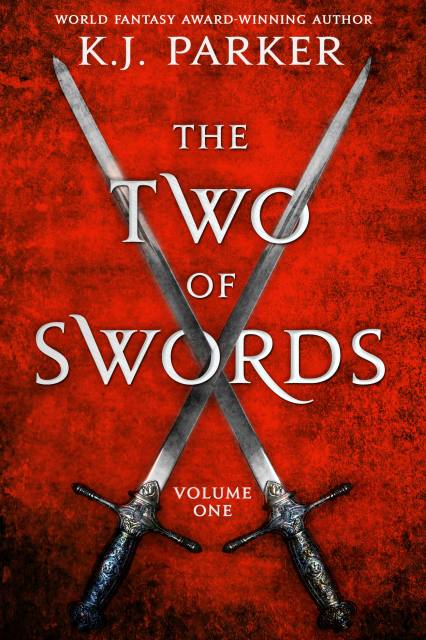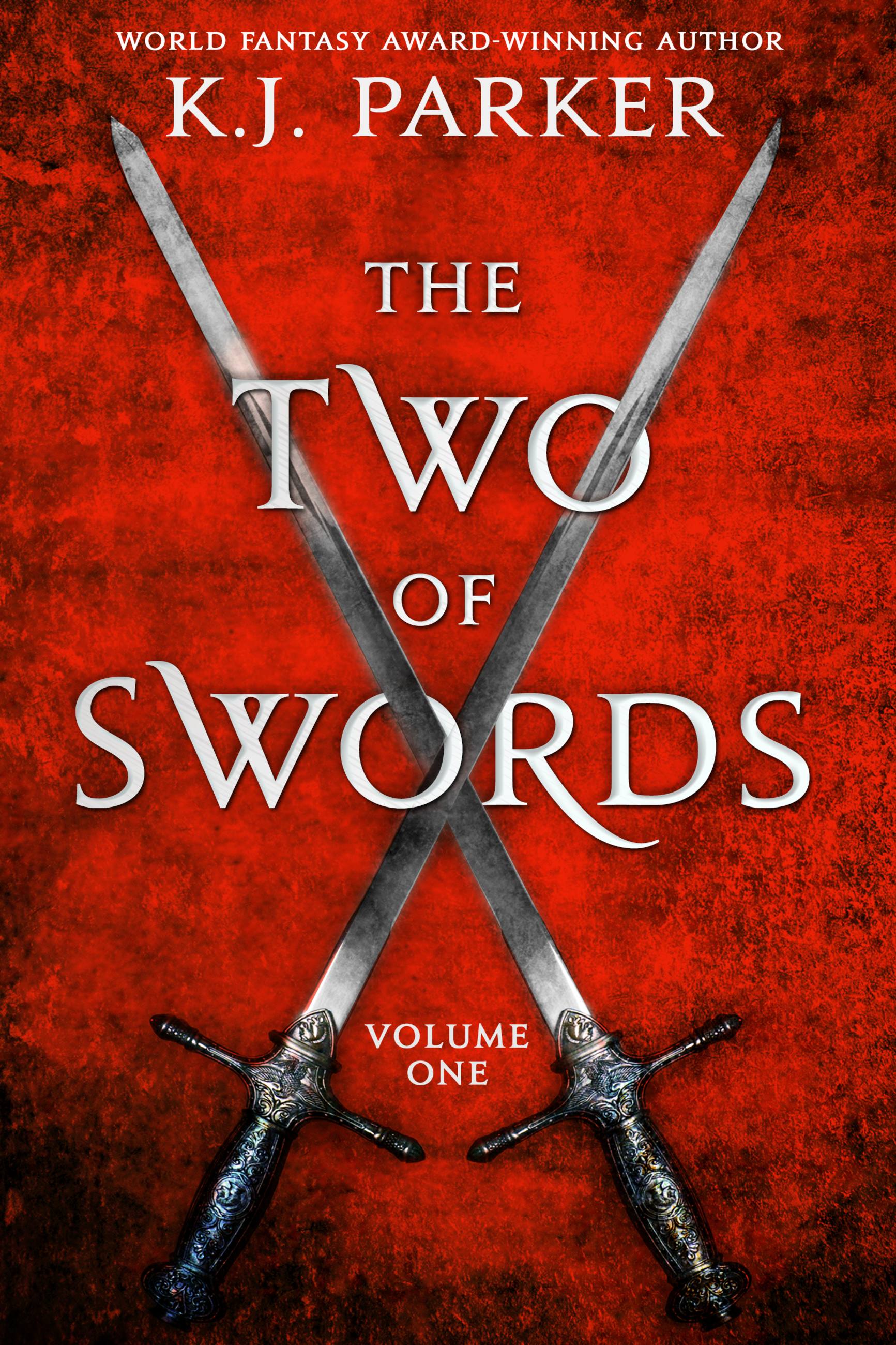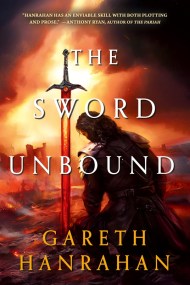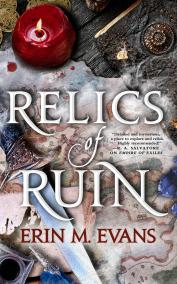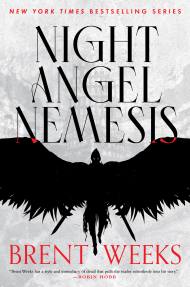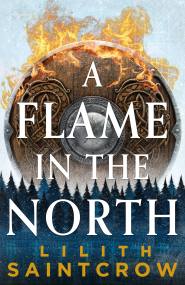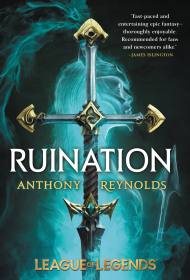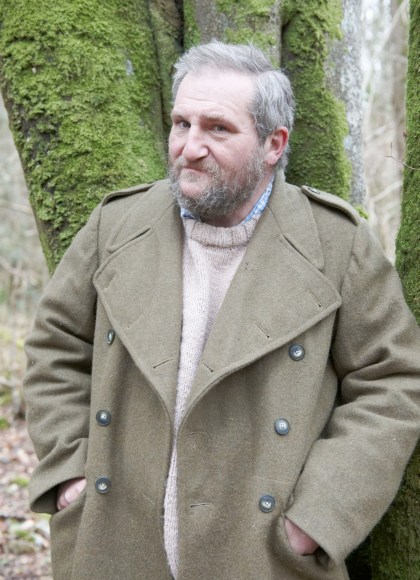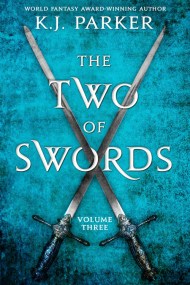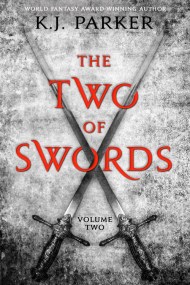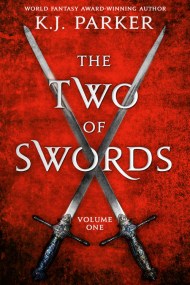Promotion
Use code MOM24 for 20% off site wide + free shipping over $45
The Two of Swords: Volume One
Contributors
By K. J. Parker
Formats and Prices
Price
$9.99Price
$12.99 CADFormat
Format:
- ebook $9.99 $12.99 CAD
- Trade Paperback $25.99 $33.99 CAD
This item is a preorder. Your payment method will be charged immediately, and the product is expected to ship on or around October 17, 2017. This date is subject to change due to shipping delays beyond our control.
Also available from:
A soldier with a gift for archery. A woman who kills without care. Two brothers, both unbeatable generals, now fighting for opposing armies. No one in the vast and once glorious United Empire remains untouched by the rift between East and West, and the war has been fought for as long as anyone can remember. Some still survive who know how it was started, but no one knows how it will end. Except, perhaps, the Two of Swords.
World Fantasy Award-winning author K. J. Parker delivers the first volume of his most ambitious work yet-the story of a war on a grand scale, told through the eyes of soldiers, politicians, victims, and heroes.
Genre:
-
"Parker's acerbic wit and knowledge of human nature are a delight to read as he explores the way conflict is guided, in equal measure, by the brilliance and unerring foolishness of humanity . . . . Thoroughly engaging."RT Books Reviews
- On Sale
- Oct 17, 2017
- Page Count
- 512 pages
- Publisher
- Orbit
- ISBN-13
- 9780316215381
Newsletter Signup
By clicking ‘Sign Up,’ I acknowledge that I have read and agree to Hachette Book Group’s Privacy Policy and Terms of Use
